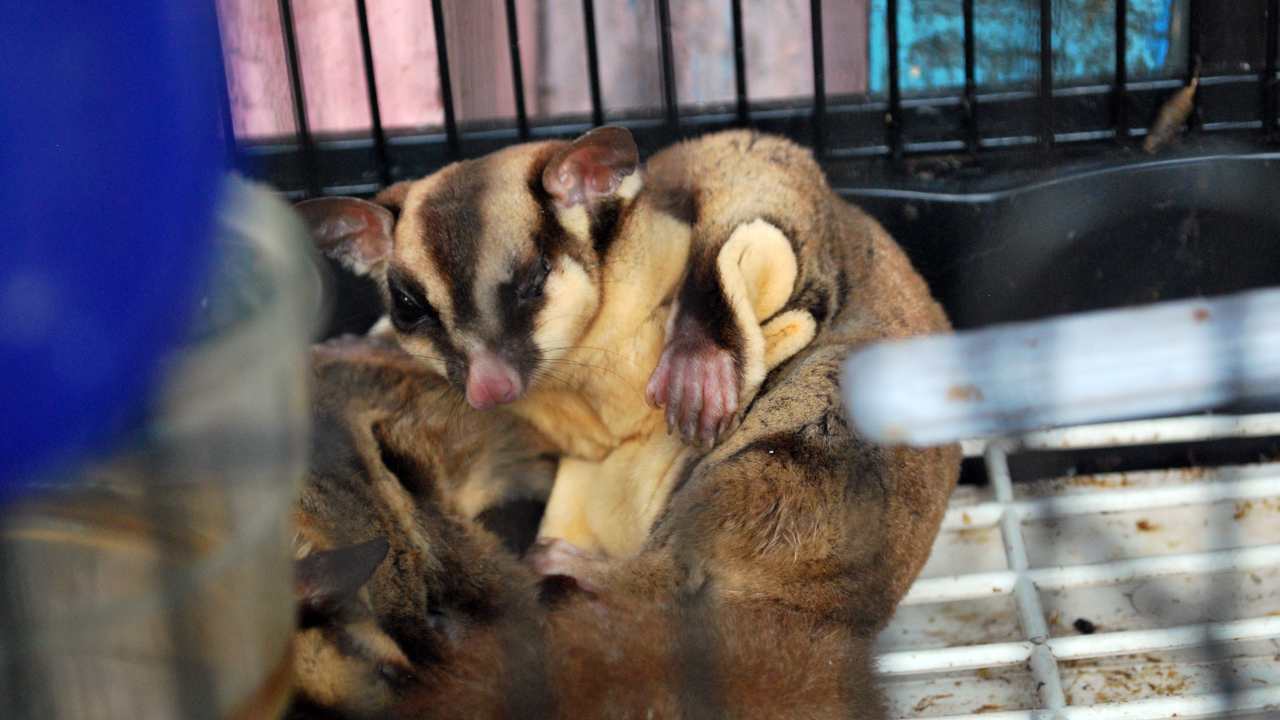A World Wildlife Fund (WWF) report found that illegal online wildlife purchases in Myanmar pose a threat to public health and endangered species. The report shows that restrictions on such transactions have eased following political unrest since the 2021 military acquisition.
The report released on Friday found that enforcement of bans on such transactions has weakened amid political turmoil following a 2021 military takeover in the country.
The number of such illegal trade increased by 74% over the previous year to reach 11,046, almost all related to the sale of live animals. Of the 173 commercial species, 54 are globally threatened, according to the report.
The researchers identified the Facebook accounts of 639 wildlife traders. The largest online business group had over 19,000 members per week and dozens of posts.
Among the animals and animal parts that were bought and sold were elephants, bears and gibbons, Tibetan antelopes, critically endangered pangolins and an Asian giant tortoise. The most popular mammals were langurs and monkeys of various species, often purchased as pets.
Most of the animals advertised for sale have been taken from the wild. These include the civet, which has been identified as a potential vector for the spread of diseases such as SARS and COVID-19 along with the pangolin.
Shawn Martin, head of WWF’s Asia-Pacific Regional Cybercrime Project, said observing the online wildlife trade shows that different species are kept together, sometimes in the same cage.
Also Read: Unprepared For The Ticking Zoonotic Bomb
“With Asia’s recent history as a breeding ground for various zoonotic diseases, this rapid growth of online wildlife trade in Myanmar is extremely worrying,” he said.
The uncontrolled wildlife trade and resulting wildlife-human interaction increases the risk of new and possibly vaccine-resistant mutations such as COVID-19, which could lead to the development of more dangerous forms of the disease in hosts.
COVID-19 is one of many diseases present in animals. Bushmeat killing and selling in Africa were thought to be the cause of Ebola. Bird flu probably came from chickens in a Hong Kong market in 1997. Measles is thought to be caused by a virus that infects livestock.
“The illegal wildlife trade is a serious concern from a conservation and biodiversity conservation perspective and its potential impact on health security,” said Mary Elizabeth G. Miranda, an expert on zoonotic diseases and illness and CEO, Field Epidemiology Training Program Alumni Foundation, Philippines.


























